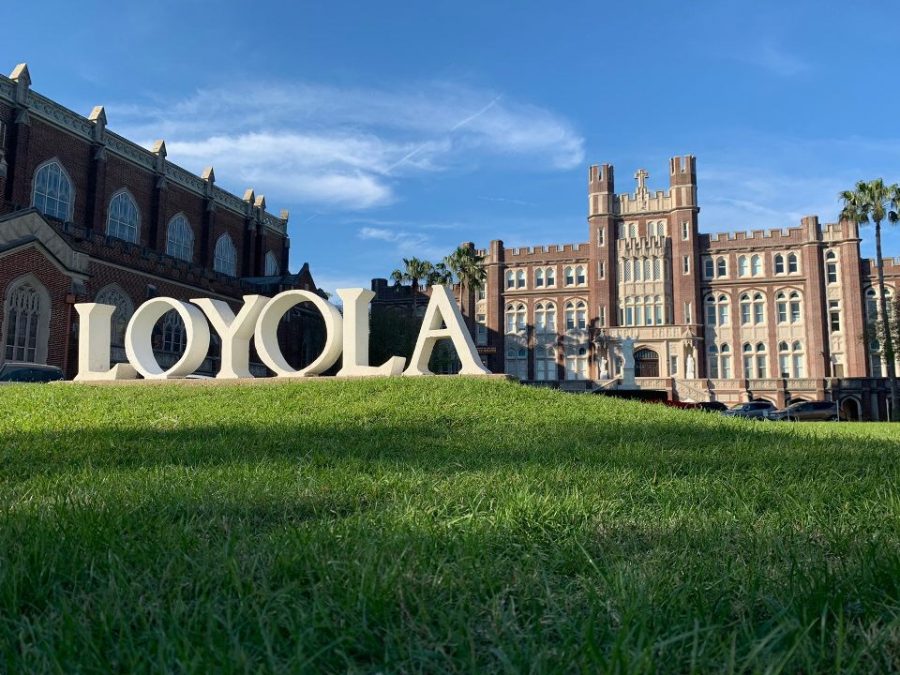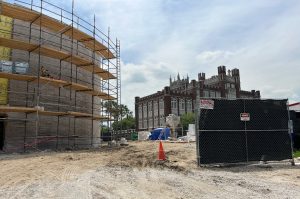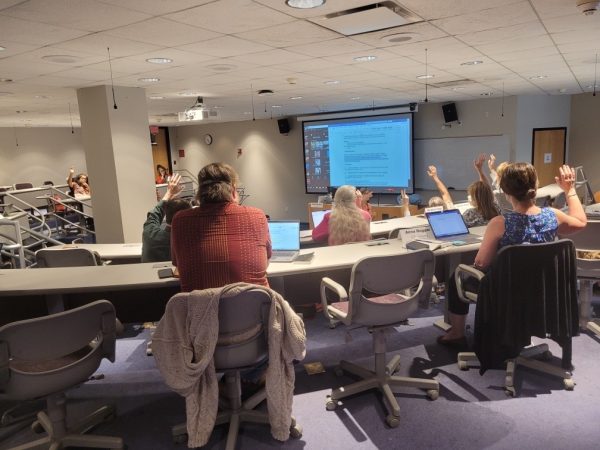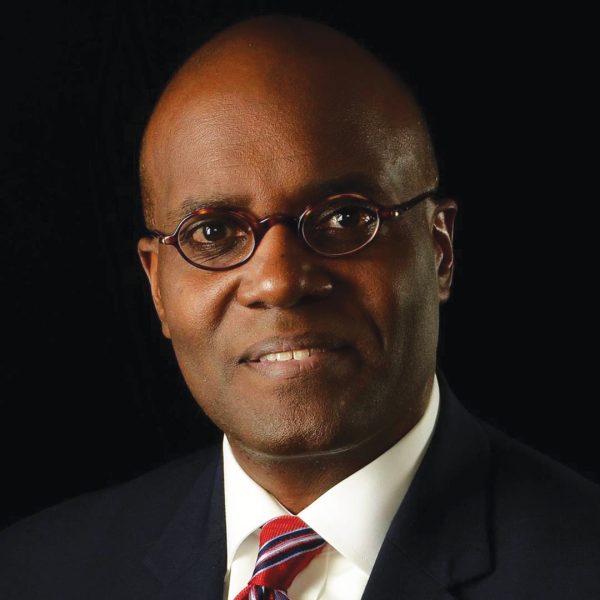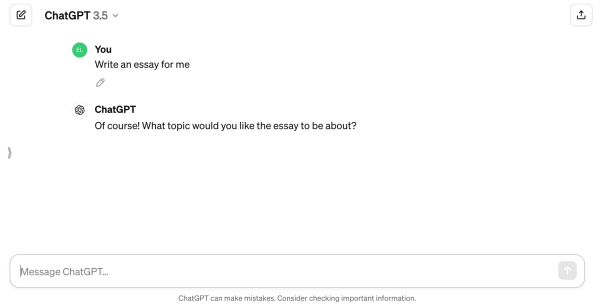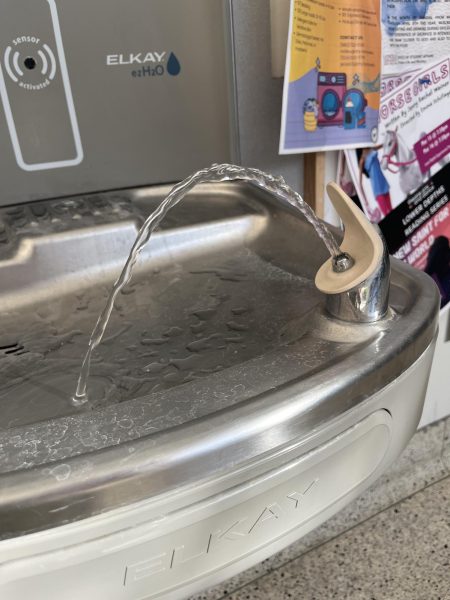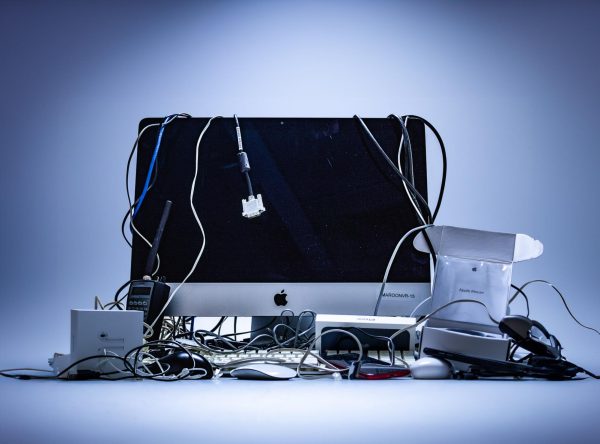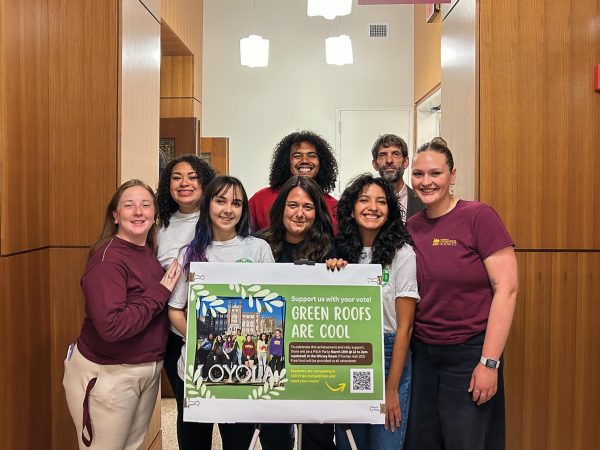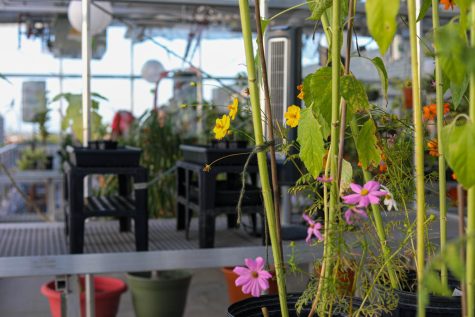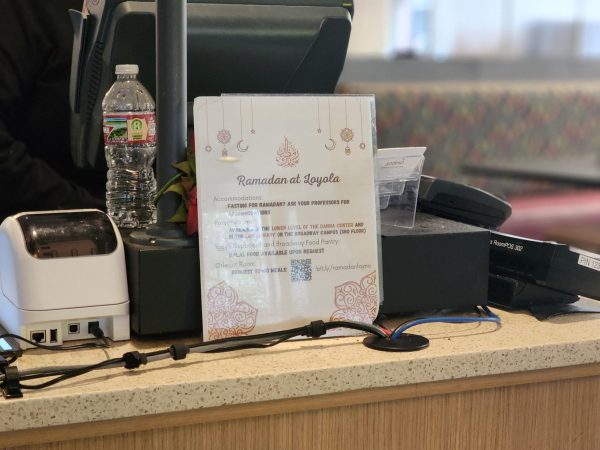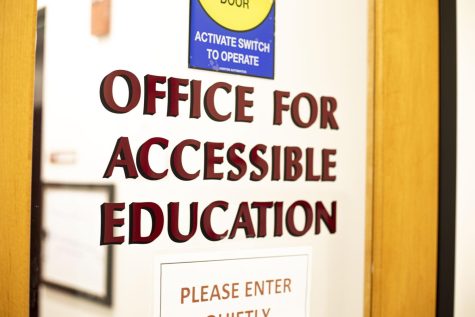Students react to spring break cancellation
October 29, 2020
Any Loyola student who opened their email Oct. 23 saw a special message from the university’s Office of Academic Affairs. The message: spring break next semester is canceled and any days off will be dispersed through the semester. The reaction: predictable.
Other schools such as neighboring Tulane University have followed suit, rolling out spring semester schedules that start after Martin Luther King Jr. Day and do away with plans for an extended break. But many students are dragging themselves to the finish line of fall semester, facing the heightened mental health challenges of life during the COVID-19 pandemic and having had no long weekends to catch their footing. To those students, the news of no spring break was a grim vision of the future.
“I’m so scared. I’m scared for my mental health and my friends’ mental health next semester,” said Emily McCrory, a junior krewe leader.
According to McCrory, when she and her fellow krewe leaders heard about the lack of a spring break, many were stressed, especially after talking to the freshmen in their orientation groups, who’ve told them that this semester has been “horrible.”
“It’s because there’s no balance. The breaks give us that balance where you can work really hard but you know you’ll have time to breathe. You don’t have that with no breaks,” McCrory said.
McCrory and her fellow krewe leaders weren’t the only ones to worry. Jae Schifano, mass communication freshman, said she feels the same way about the spring schedule.
“Giving us a day off here and there does not give us a break at all,” Schifano said. “We are going to go crazy after all of the things they keep taking away from us. The pandemic has already taken so much away.”
McCrory said the lack of mid-semester breaks means the condensed workload students have come to dread will continue. This comes on top of the “Zoom fatigue” and burnout many are already feeling.
Samantha Ammons, English and environmental studies senior, said the impacts of the decision, however, go beyond just the needs of students themselves, she said students need personal time to connect with their families and friends this spring.
“Our mothers and fathers will also be affected by our absence at home,” Ammons said. “They will yearn to see our smiling faces and miss the opportunity to take care of us just a little while.”
The decision comes from the university’s desire to minimize travel and outside contact in order to keep COVID-19 levels low, according to Provost Tanuja Singh.
“We are highly attuned to this trend and doing everything we can at Loyola to maintain our strong sense of community and vibrant engagement, in spite of the restrictions that have been imposed for safety purposes,” Singh said.
While Ammons said she knows the Loyola administration is doing its best to keep the community safe, she said the decision seems selfish and unnecessary.
“Loyola students don’t just crave a holiday break, they need one,” Sammons said. “At some point, students are going to run out of optimism and trust.”
Despite strong reactions to spring break’s cancellation, the Office of Academic Affairs believes that the opinions of students like McCrory, Schifano and Sammons aren’t in the majority.
“Most of the student survey responses we have received at Loyola have been very positive about students’ classroom experience during the pandemic,” Singh said.
Still, Singh said that any student facing challenges this semester should make themselves known.


